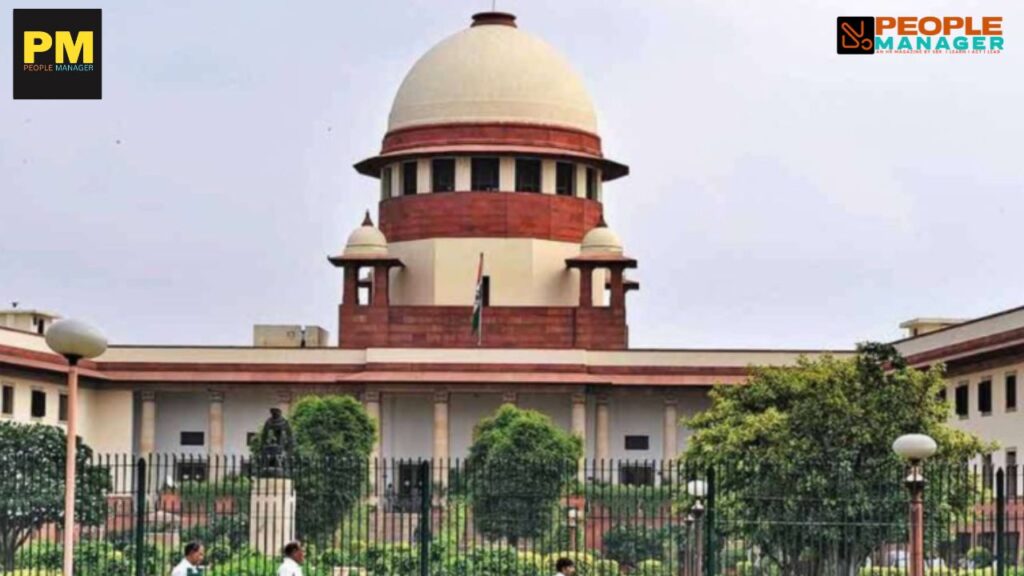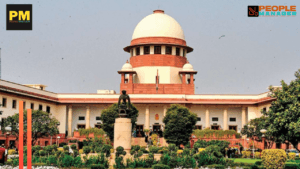Employer ‘Cannot override Industrial Employment (Standing Orders) Act’: Supreme Court
The apex court observed that by overriding the Act, employers would only be denying employee rights and dues

Employer ‘Cannot override Industrial Employment (Standing Orders) Act’: Supreme Court to Jet Airways
The Supreme Court ruled in the matter of Bhartiya Kamgar Karmachari Mahasangh vs Jet Airways that no settlement or contract entered into by employee unions with their employers can override the Model Standing Order unless doing so is more advantageous to the employees.
The bench noted that the High Court had determined that the Model Standing Order is not a statutory requirement, but rather a statutorily imposed condition of service that can be altered by a settlement or award. The court observed, referring to the relevant Clauses of the Bombay Model Standing Order:
“A cumulative reading of aforesaid clauses reveals that a workman who has worked for 240 days in an establishment would be entitled to be made permanent, and no contract/settlement which abridges such a right can be agreed upon, let alone be binding. The Act being the beneficial legislation provides that any agreement/contract/settlement wherein the rights of the employees are waved off would not override the Standing Orders.”
The employees’ union, which represented approximately 169 Jet Airways workers who were temporarily employed by the airline, maintained that personnel engaged on contract were considered as temporary workers even though they had worked for 240 days. They were engaged on a fixed-term contract as loader-cum-cleaners, drivers, and operators but were not offered permanent positions despite having completed 240 days.
The High Court, in upholding the CGIT’s judgment, stated that merely because the workers had completed 240 days did not render them eligible for permanent status under the Model Standing judgment given the settlement and Clause 18 thereof. The employees’ request for reinstatement and back pay was denied.
However, the Supreme Court decided in favor of the union, stating that a person who has worked for an organization for 240 days is entitled to a permanent position, and that no contract or settlement can overrule or ignore this right. The Act states that any agreement/contract/settlement that waives employees’ rights cannot override the Standing Orders.
The Bombay Industrial Employment (Standing Orders) Rules, 1959, also known as the Bombay Model Standing Order, stipulate unequivocally that workers who have served a firm for 240 days are eligible for permanent employment. As a result, in the case of Jet Airways, the airline could not have disregarded the requirements of the Bombay Model Standing Order in order to limit workers’ rights.
- Financial Crisis Cannot Compel an Employee to Work, Resignation Rejection Amount to Bonded Labour: Kerala High Court. - February 17, 2026
- Pernod Ricard India introduces Cheers VRorld, an industry-first VR-powered onboarding experience in the Alco-Bev sector - February 11, 2026
- Jio-bp Appoints Sareeta Bhatikar as Chief Human Resources Officer to Steer Next Phase of Growth - February 11, 2026









